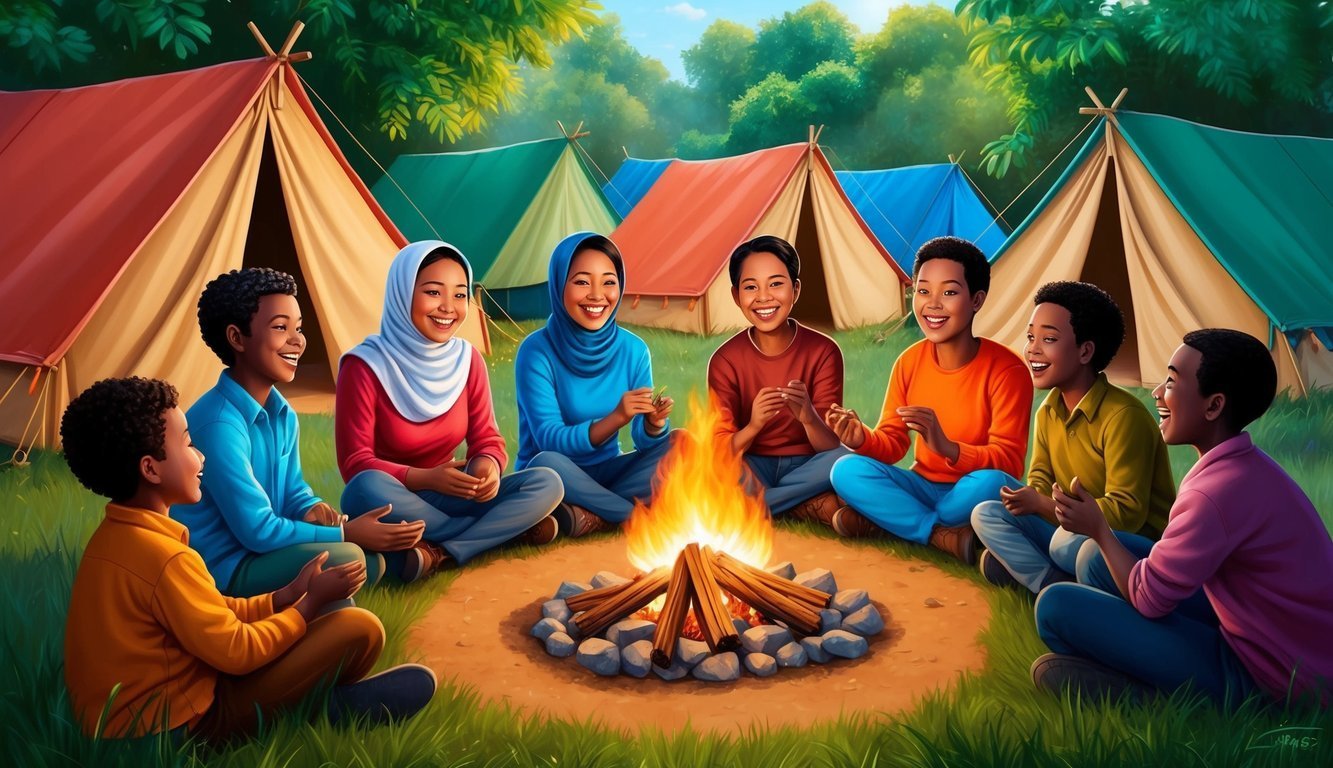The conflict in Ukraine has led to a notable rise in the number of refugees seeking safety in various European countries.
These refugees represent a broader global pattern where individuals flee from their homelands due to violence, discrimination, scarce resources, and threats to their safety.
Unfortunately, mainstream media often emphasizes the illegality associated with refugee status, which can dehumanize these vulnerable individuals and help perpetuate negative stereotypes.
Zrinka Bralo’s Reflection
Zrinka Bralo, the Chief Executive of Migrants Organise and a Bosnian refugee herself, reflects on the painful journey of seeking asylum.
She describes the deep emotional impact of being seen as untrustworthy or insincere in one’s quest for protection, equating that stigma to the challenges faced during war.
The bureaucratic processes she encountered stripped her of her humanity, turning her struggles into mere statistics that overlooked her real-life experiences.
Bralo argues that reshaping the perception of migrants and refugees is crucial for safeguarding their human rights and preventing future atrocities.
She draws a stark comparison between our collective recollections of past injustices—such as the experiences of Jewish refugees during the Holocaust—and the current treatment of today’s refugees.
This juxtaposition calls for a moment of reflection, especially during significant commemorative events like Days of Remembrance.
Approaches to Narrative Transformation
Bralo believes that healing is essential to changing attitudes toward refugees.
By breaking down the misconception that the “other” symbolizes a threat, we can promote understanding, enhance community well-being, and build a cohesive future.
Global leaders acknowledging the inherent humanity of migrants could significantly shift societal perspectives.
Unfortunately, media narratives often lean towards emphasizing negative aspects, such as economic burdens or legal complications surrounding migrants.
However, by highlighting diverse experiences and sharing personal stories, we can reshape public perceptions and empower the 26.4 million refugees across the globe.
To prevent history from repeating itself, it’s vital to advocate for the recognition of each individual’s humanity.
Bralo highlights the worth of organized movements, noting that influential figures like Martin Luther King Jr. and Rosa Parks didn’t achieve change spontaneously; they committed their lives to the quest for justice.
Mobilizing efforts and fostering inclusive discussions about refugees’ experiences can motivate a more compassionate society.
Cultivating Empathy and Understanding
By cultivating empathy and understanding, we can pave the way for a future that welcomes everyone, regardless of their origins.
Together, we can drive meaningful change and celebrate our shared humanity, ensuring that those who have endured unimaginable hardships receive the dignity and safety they deserve.
Source: Optimistdaily


